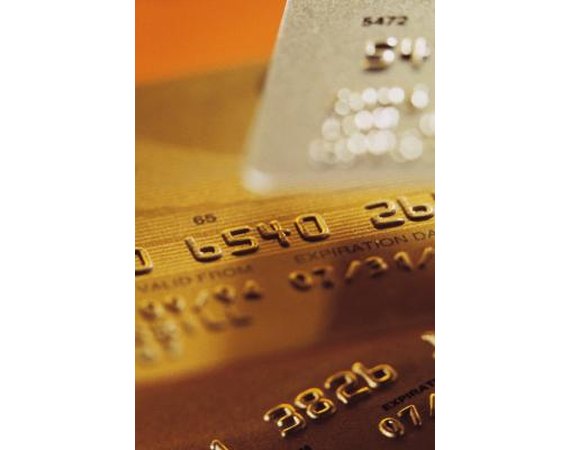
An unpaid credit card bill can potentially have a significant impact on your finances if your creditor decides to sue. If a creditor is able to successfully seek a judgment against you, he can then proceed with garnishment of your wages or bank account to force you to pay up. If you've been served with a judicial summons notifying you that you're being sued by a creditor, learn how to successfully defend yourself in court.
Instructions
- 1
Read the summons and complaint carefully to determine who is suing you and why, for what amount and when you are scheduled to appear in court. You are required to submit an answer to the summons and complaint prior to the court date. Your answer must include a summary of the reason or reasons why you believe you are not liable for the debt.
2Choose your defense. Being financially unable or unwilling to pay the debt in question is not a viable defense. You must be able to prove to the court that the creditor either served you improperly, has no legal standing to collect the debt or that you are not liable for the money owed. You must also prove that the debt has already been paid, is outside the statute of limitations or does not belong to you.
3Submit your answer to the court along with a declaration of exemption income or assets. Under federal law, certain types of income are exempt from wage or bank account garnishment, including federal retirement and disability payments, student aid, veterans' benefits, Social Security benefits, Supplemental Security Income and military survivors' benefits. You may also choose to file a counterclaim if you believe the creditor has violated your rights under the Fair Debt Collection Practices Act.
4Contact the creditor directly prior to the scheduled court date to offer a settlement or payment agreement if you know you owe the debt. Doing so can help you avoid the time and expense of a court hearing as well as avoid garnishment actions. Document your contact with the creditor as proof of your attempt to resolve the matter should the case proceed to court.
5Attend the court hearing. Both you and your creditor will have an opportunity to present your case and demonstrate evidence supporting your respective arguments. Present any documentation you may have, such as previous account statements, payment receipts or the original credit agreement, that can prove you are not liable for the debt.
6Consider your options if your creditor wins a judgment against you. If you receive notice that your wages or bank account will be garnished, you can request a hearing to appeal the garnishment order if it presents an undue financial hardship for you and/or your family. You may also consider filing bankruptcy to halt further collection actions if you are truly unable to pay the debt.






0 comments:
Post a Comment